In this week’s news, our editors report on the various matters occupying readers around the world. From the power of literary awards throughout Japan’s modern history, a survey on contemporary literary habits, and the growing Hebrew Book Fair—read on to find out more!
Xiao Yue Shan, Blog Editor, reporting for Japan
On June 16, the nominees for the 169th Akutagawa Prize and the Naoki Prize were announced to the public. Long recognised as the most important literary awards in Japan, the two accolades are given to emerging authors for a work of “pure literature” (junbungaku) and “popular literature” (taishū bengei) respectively, a fascinating distinction that has shifted tenuously throughout the awards’ long history, reflecting the evolving perspectives on what constitutes literary excellence, the separation between author and work, as well as how taste and zeitgeist can be reflected in the awardees. While the difference between what constitutes a literary text and a popular text can be seen as elitist, there have been, in the past, a great many other factors that have gone into the consideration of awardees—perhaps best exemplified by the awarding of the 1937 Naoki Prize (considered the less prestigious of the two) to Masuji Ibuse, whose profound literary output has insured him a spot in the modern Japanese canon. Throughout their time, the separate realms that the Akutagawa and Naoki Prizes were intended to occupy have opened up significant inquiries as to what, exactly, is valued in writing, consulting the multiple planes engaged by the literary arts: the aesthetic, the political, the dialogic, and the compassionate.
This year, the nominees for the Akutagawa Prize are Sao Ichikawa, Ameko Kodama, Masaya Chiba, Yusuke Norishiro, and Kaho Ishida. The subject matter of the narratives veer from the life of a professional welder; the changing intimacies and relations between four high school students over a single day; the introduction of the Internet in the 90s and its reverberations in a young man’s life; the potentials of anonymity as discovered by a teenage pop star; and the sexual life of a physically disabled woman.
The nominees for the Naoki Prize are Tow Ubukata, Ryosuke Kakine, Kazuaki Takano, Ryoe Tsukimura, and Nagai Sayako. Their nominated works include a historical novel on Ashikaga Takauji, the first shogun of the Ashikaga shogunate; a psychological story centred around the spectral presence at a railroad crossing; a crime novel set between Hong Kong and Japan; a tale of a young samurai who avenges his father; and a work of horror that paints a violent world under Tokyo’s polished metropolis.
What becomes evident in looking at these two groupings, even just by the superficial delineations of their bylines, is that this year, there is indeed a conspicuous demarcation between their preoccupations. Whereas the texts up for the Akutagawa can be all considered as realist storylines, recognisably using the prism of an individual’s life to refract truths and insights into the society in which they—and we—live, the nominees for the Naoki are being publicised along the engaging capacities of thrill and mystery. It is reflective of the same bilaterality that has always troubled the book as an object of consumption: that seeming incompatibility between the educational and the entertaining. Such is undoubtedly a judgement we all make independently when selecting what we’re interested in reading—or what we think we should be reading—and it’s somewhat unsettling to see this consideration fortified in the institutional fixedness of an award, which is by definition a statement of authority, a mandate of a higher power. In this way, the very essence of the Akutagawa and Naoki Prizes presents a conundrum that expounds on the act of reading, not only within Japanese literature and its apparatus, but in regards to the invisible schematic that books themselves exist on—all of these gossamer compartments and classifications that aim to instruct us not only on our own literary predilections, but what the books and their authors should be pursuing. It reveals both the impossibility and the necessity of judgment within the literary industry, about how unruly we know the whole process to be, yet how implicitly we trust it still. The freedom of the writing-act and the imagination of the reading-act has so many binds to negotiate, so many contracts to overcome. READ MORE…


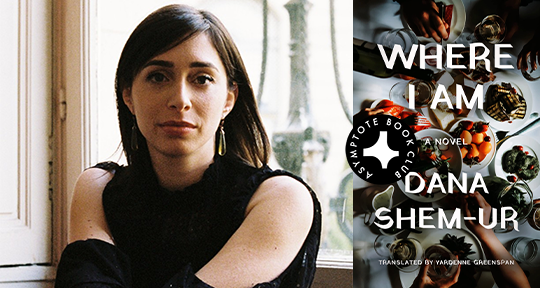
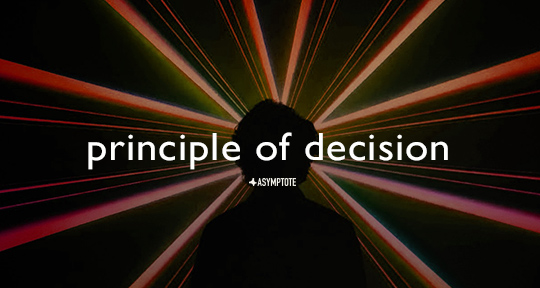
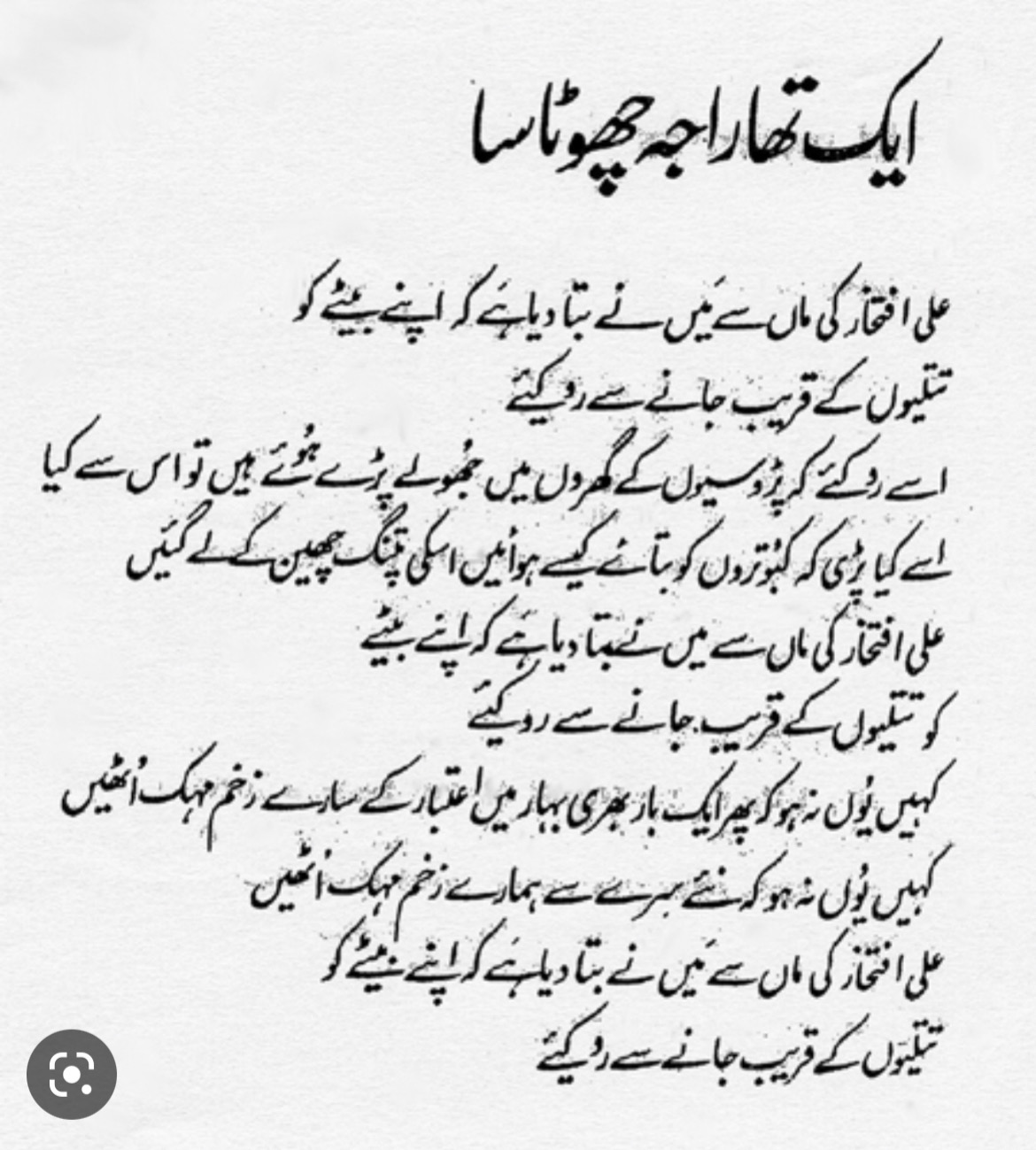
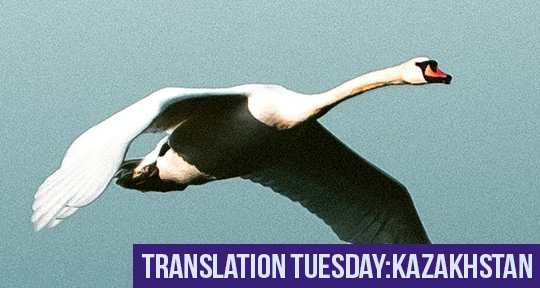
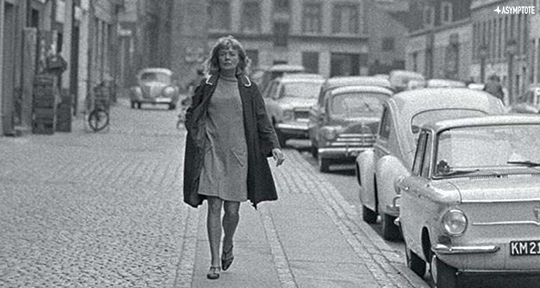
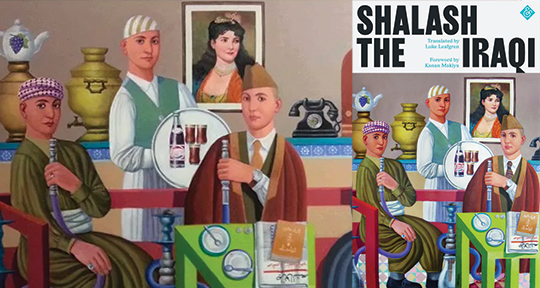
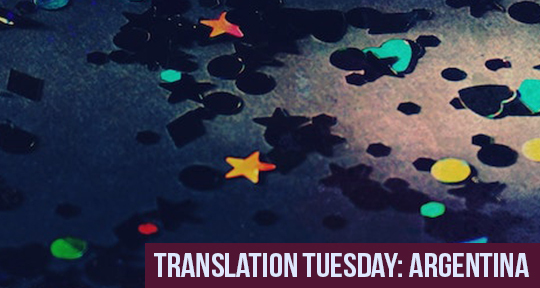
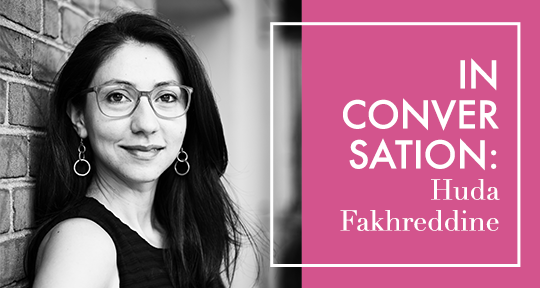
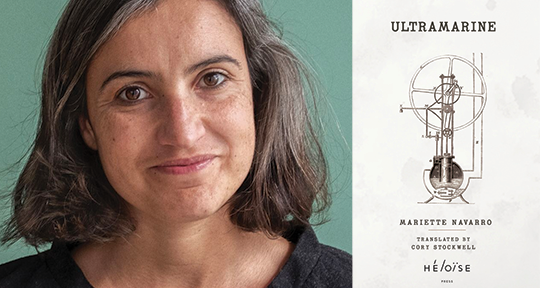
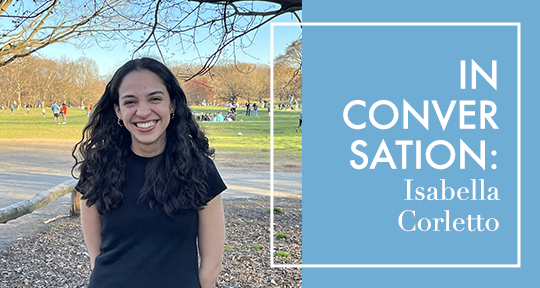
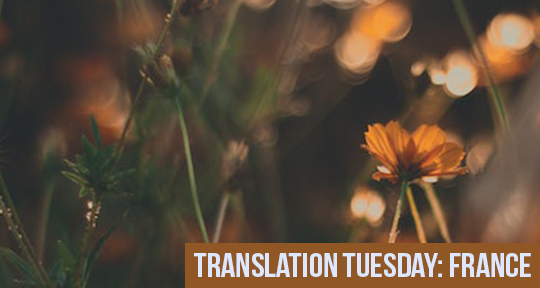
A Pointed Atemporality: Mui Poopoksakul on Translating Saneh Sangsuk’s Venom
He's very aware of the rhythm and musicality of this text . . . he said it should take something like an hour and thirty-seven minutes to read.
In our May Book Club selection, a young boy struggles with a snake in the fictional village of Praeknamdang, in a tense battle between beauty and cruelty. In poetic language that is nostalgic for the world it describes without romanticizing it, Saneh Sangsuk creates a complex and captivating world. In this fable-like story there are no simple morals, in keeping with Sangsuk’s resistance to efforts to depict a sanitized view of Thailand and to the idea that the purpose of literature is to create a path to social change. In this interview with translator Mui Poopoksakul, we discuss the role of nature in the text, translating meticulous prose, and the politics of literary criticism.
The Asymptote Book Club aspires to bring the best in translated fiction every month to readers around the world. You can sign up to receive next month’s selection on our website for as little as USD20 per book; once you’re a member, join our Facebook group for exclusive book club discussions and receive invitations to our members-only Zoom interviews with the author or the translator of each title.
Barbara Halla (BH): How did you get into translation, especially given your law background?
Mui Poopoksakul (MP): I actually studied comparative literature as an undergrad, and then in my early twenties, like a lot of people who study the humanities, I felt a little bit like, “Oh, I need to get a ‘real job.’” I went to law school, and I worked at a law firm for about five years, and I liked that job just fine, but it just wasn’t what I wanted to do for the rest of my life.
So, I started thinking, What should I be doing? What do I want to do with myself? I had always wanted to do something in the literary field but didn’t quite have the courage, and I realized that not a lot of Thai literature been translated. I thought, If I can just get one book out, that would be really amazing. So, I went back to grad school. I did an MA in Cultural Translation at the American University of Paris, and The Sad Part Was was my thesis from that program. Because I had done it as my thesis, I felt like I was translating it for something. I wasn’t just producing a sample that might go nowhere.
The whole field was all new to me, so I didn’t know how anything worked. I didn’t even know how many pages a translation sample should be. But then I ended up not having to worry about that because I did the book as my thesis.
BH: You mentioned even just one book, but did you have any authors in mind? Was Saneh Sangsuk one of those authors in your ideal roster?
MP: I wouldn’t say I had a roster, but I did have one author in mind and that was Prabda Yoon, and that really helped me get started, because I wasn’t getting into the field thinking, “I want to translate.” My thought was, “I want to translate this book.” I think that helped me a lot, having a more concrete goal.
READ MORE…
Contributor:- Barbara Halla
; Languages: - English
, - Thai
; Place: - Thailand
; Writers: - Mui Poopoksakul
, - Prabda Yoon
, - Saneh Sangsuk
; Tags: - Deep Vellum
, - environmentalism
, - literary criticism
, - nature
, - nature in storytelling
, - pacing
, - pacing in translation
, - Peirene
, - respect for nature
, - rhythm
, - rhythm in translation
, - social commentary
, - storytelling
, - Thai literature